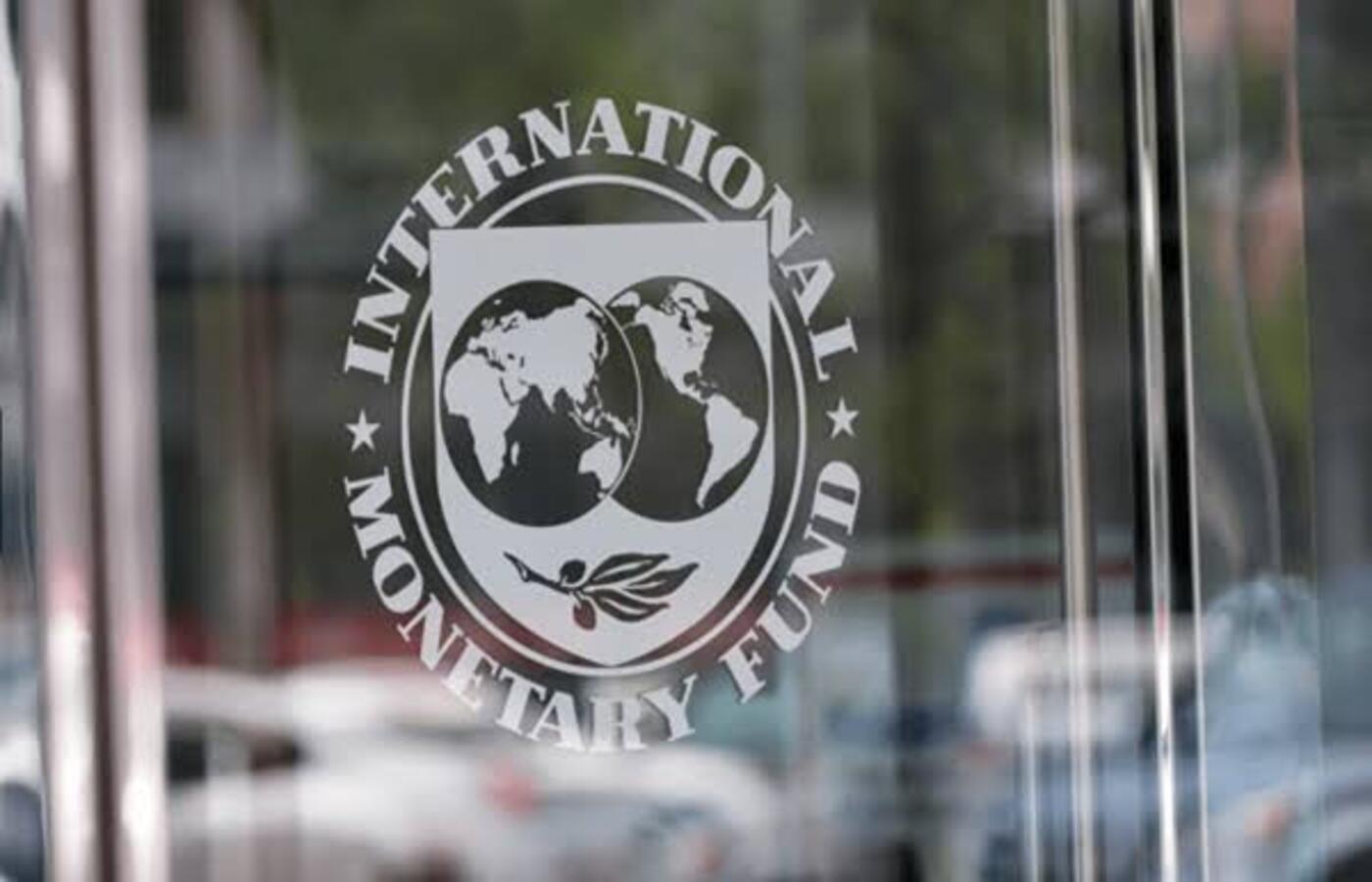Exporters will now need to demonstrate annual earnings of over $500,000 or risk losing their operating licenses, under rules aimed at stimulating growth in overseas shipments of the cash crop.
Facing a significant decline in revenues from its once-lucrative khat export business, Ethiopia's Ministry of Trade and Regional Integration has unveiled a stringent set of new regulatory requirements for the sector.
Once among Ethiopia's top five export earners, khat generated over $400 million a decade ago but only $248 million last year.
All current exporters must obtain renewed licenses demonstrating they met the $500,000 threshold or shipped at least 100,000 metric tons of khat overseas in the past 12 months. They have until November 25th to submit their applications under the new rules or lose their export rights.
Exporters will also be required to sign contracts agreeing not to sell khat in the local market. They must maintain at least 100 square meters of dedicated warehousing space for sorting and packaging export shipments.
Other conditions include fitting trucks with GPS trackers and signing contracts guaranteeing minimum yearly export volumes.
The goal is to stimulate khat shipments and earnings abroad, which have dropped 38% in the last fiscal year.
But critics argue the stringent new rules will squeeze out small operators and reduce competition.





